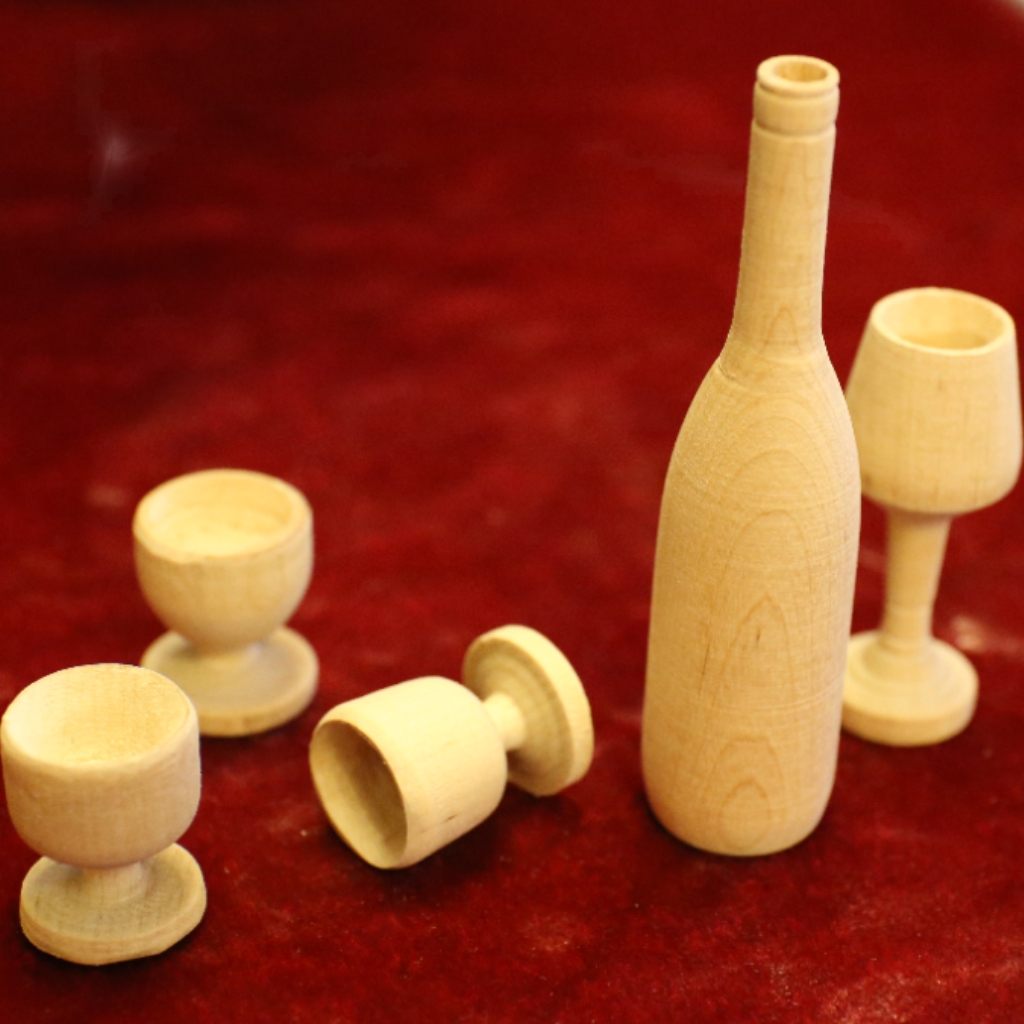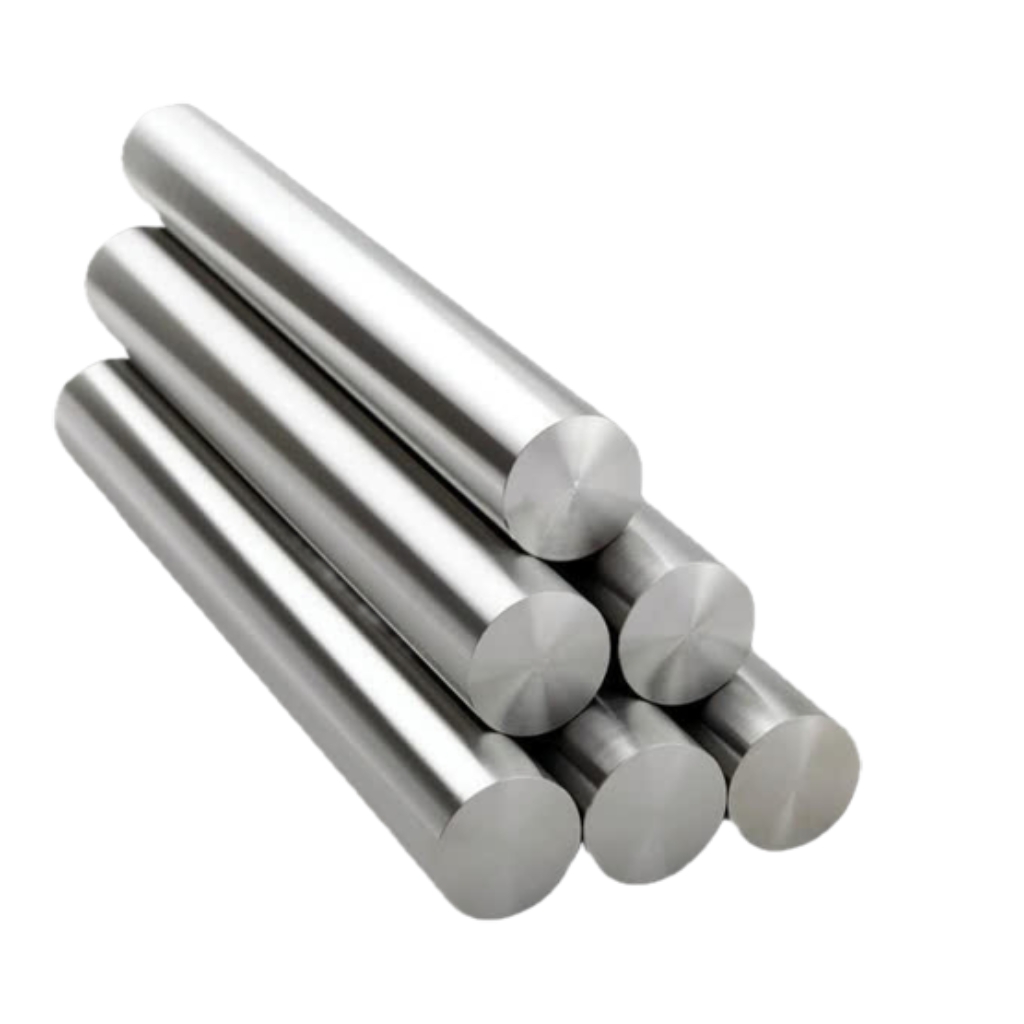Blog
Xendoll has 22 years of experience in the production of small machine tools. We will help you choose the suitable machine and share our experience in CNC machining with you.
 Apr 28, 2025
Apr 28, 2025

 1256
1256
In the evolving landscape of STEM (Science, Technology, Engineering, and Mathematics) education, hands-on learning tools like mini lathes and mills are revolutionizing how students and hobbyists engage with engineering concepts. For makers, educators, and DIY enthusiasts, these compact machines bridge the gap between theoretical knowledge and practical application. But just how useful are metal lathes and mills, especially in educational settings? This article explores the role of mini lathes in STEM education, their versatility in working with metals soft, and why they’re indispensable tools for fostering creativity, problem-solving, and technical proficiency.
Metal lathes and mills are foundational tools in manufacturing and engineering, but their scaled-down versions—mini lathes—are tailor-made for educational environments. Here’s why they matter:
Hands-On Skill Development
Unlike textbook learning, operating a mini lathe or mill teaches critical skills like precision measurement, material science, and machining techniques. Students learn to interpret CAD designs, convert them into physical parts, and troubleshoot errors—a process that mirrors real-world engineering workflows.
Encouraging Innovation
Mini lathes empower students to prototype ideas quickly. Whether crafting robotic components or custom tools, learners gain confidence in turning abstract concepts into tangible solutions.
Cross-Disciplinary Applications
From physics (understanding torque and rotational forces) to math (calculating feed rates and tolerances), mini lathes integrate multiple STEM disciplines into a single project.
For STEM educators, these machines are not just tools—they’re catalysts for curiosity.
When working with beginners, material choice is crucial. Soft metals like aluminum, brass, and copper are the go-to options for mini lathes in STEM settings, and here’s why:
Safety and Manageability
Soft metals require less cutting force, reducing the risk of tool breakage or accidents. This makes them safer for students who are still mastering machine operation.
Cost-Effectiveness
Aluminum and brass are affordable and widely available, allowing schools and makers to experiment without high material costs.
Versatility in Projects
Despite being “soft,” these metals are durable enough for functional projects. Students can create everything from simple brackets to intricate gears, learning about metallurgy and machining properties along the way.
Skill Building
Working with soft metals helps learners focus on technique—like achieving smooth finishes or precise dimensions—before advancing to harder materials like steel.

From classrooms to home workshops, mini lathes and mills unlock endless possibilities. Below are practical examples of their utility:
Makers often need bespoke components for robotics, drones, or DIY appliances. A mini lathe allows them to machine shafts, bushings, or connectors from soft metals, bypassing the need for expensive outsourcing.
Gear Systems: Students can design and cut gears to understand mechanical advantage.
Engine Components: Simplified piston or valve models demonstrate thermodynamics principles.
Artistic Metalwork: Combining creativity with technical skills, learners craft decorative items like rings or engraved plates.
Hobbyists use mini mills to refurbish tools or modify equipment. For instance, machining a replacement part for a vintage camera or customizing a bicycle component.
Aspiring entrepreneurs can prototype product designs cost-effectively. A mini lathe enables small-batch production of items like custom knobs, jewelry, or model parts.
Not all mini lathes are created equal. Here’s what educators and makers should prioritize:
Safety Features
Look for machines with emergency stops, protective shields, and overload protection to ensure student safety.
Ease of Use
User-friendly controls, digital readouts, and compatibility with beginner-friendly software (like Easel or Fusion 360) streamline the learning curve.
Material Compatibility
Ensure the lathe can handle soft metals like aluminum and brass, with adjustable speed settings for optimal cutting.
Compact Design
Space-efficient models fit easily in classrooms or small workshops without sacrificing functionality.
Educational Resources
Choose brands that provide lesson plans, project ideas, and troubleshooting guides tailored to STEM curricula.

At Lincoln High School, a STEM instructor introduced a mini lathe to their robotics class. Students used it to machine aluminum parts for a competition robot, reducing their dependency on pre-made components. The project not only won awards but also sparked interest in engineering careers. As one student noted, “Seeing our designs come to life made me realize how powerful hands-on learning is.”
A mini lathe or mill is far more than a workshop tool—it’s a gateway to innovation, skill development, and STEM engagement. By working with soft metals, students and makers gain practical experience without the steep learning curve of industrial machinery. For educators, these tools transform abstract theories into memorable, hands-on lessons. And for hobbyists, they unlock the freedom to create, repair, and innovate on their own terms.
Whether you’re a school upgrading its lab, a distributor serving the education sector, or a maker investing in your craft, mini lathes are a smart, future-proof choice. Ready to empower the next generation of engineers? It starts with the right tools.
For details, please refer to the following link:https://www.xendolltools.com/category/micro-cnc-machine.html



 Show all our samples
Show all our samples
 Provide you with a free quote
Provide you with a free quote
 Answer all the questions you may have
Answer all the questions you may have
 Guided installation and other options
Guided installation and other options